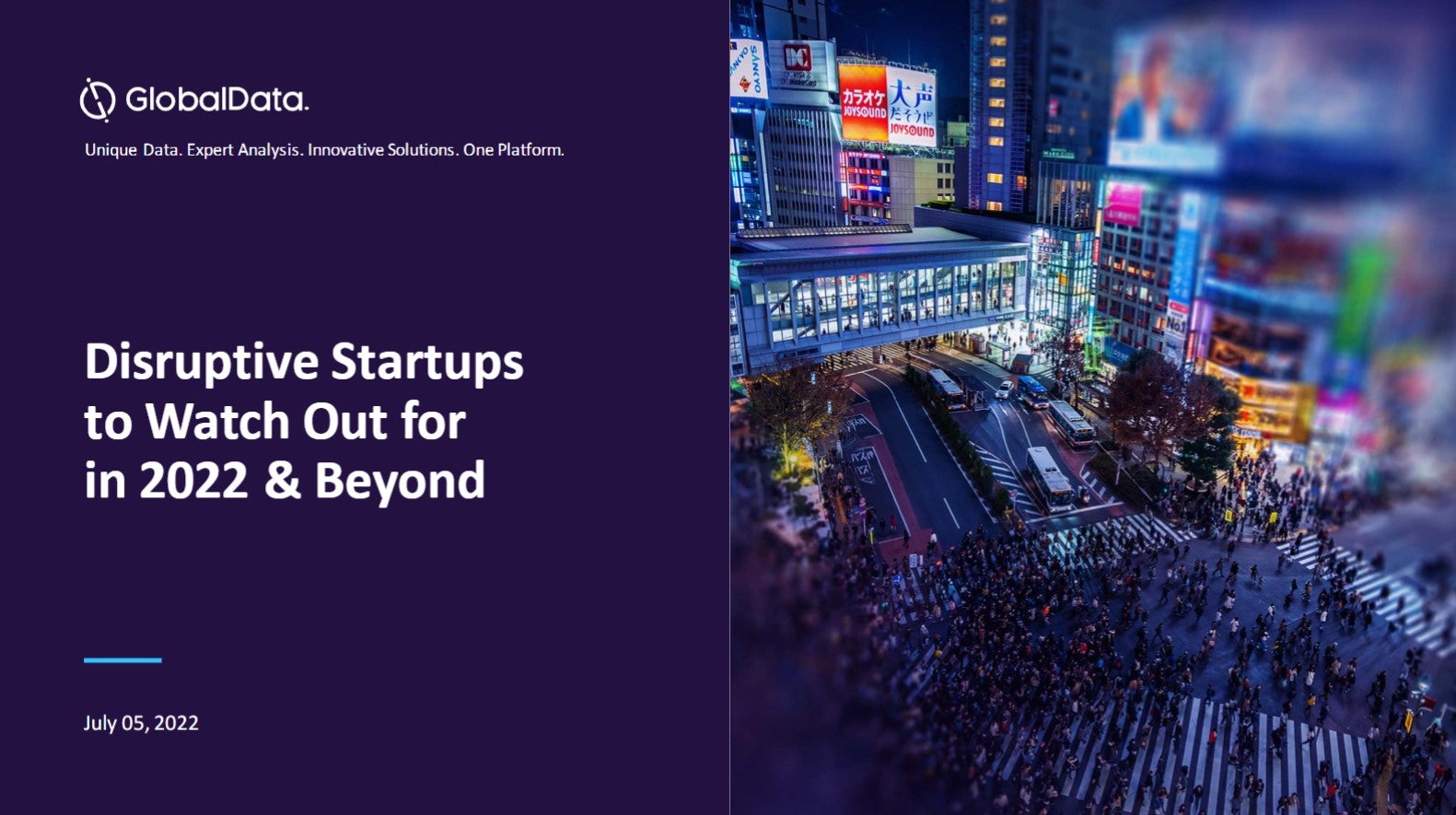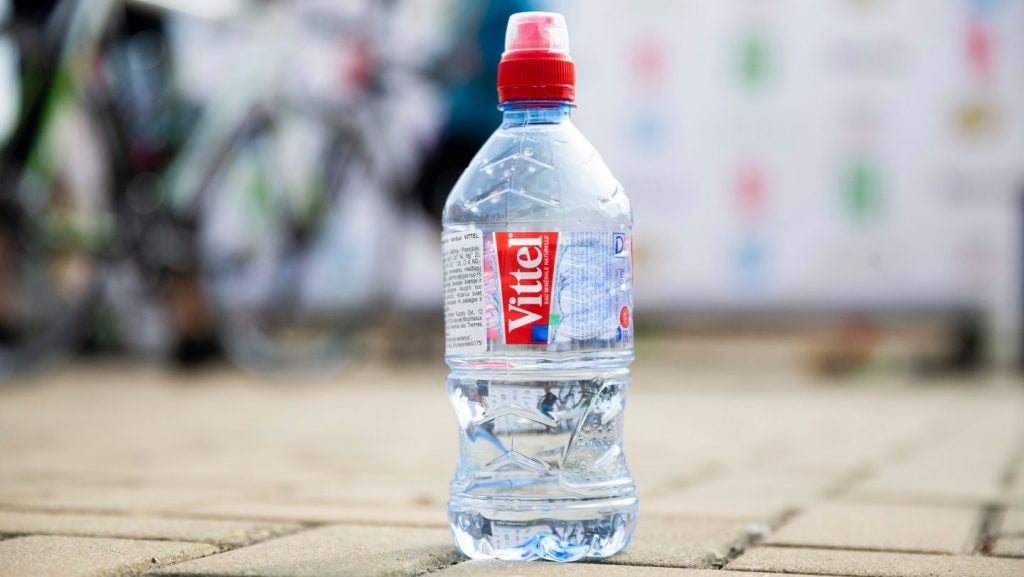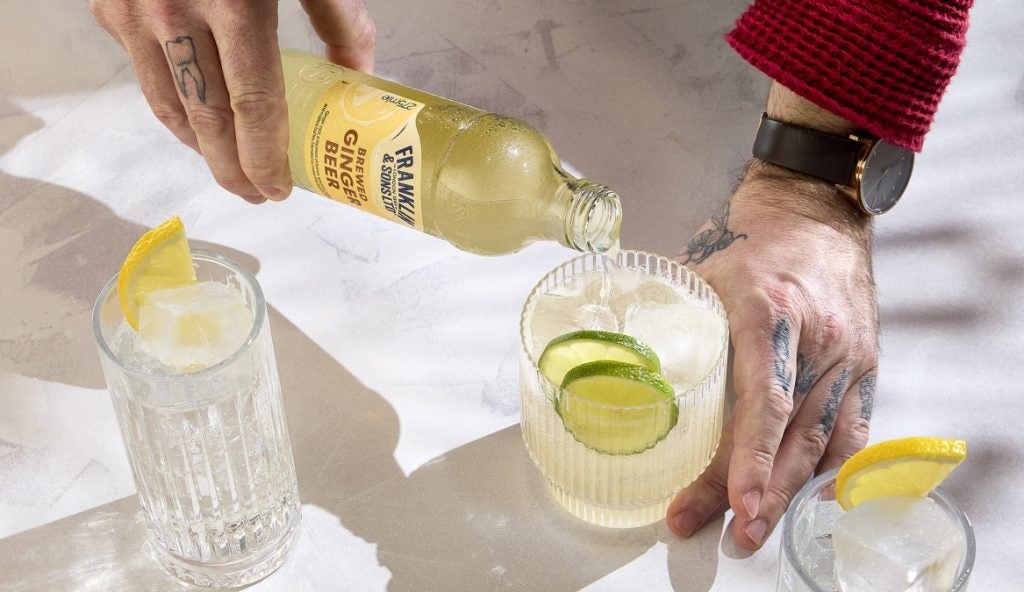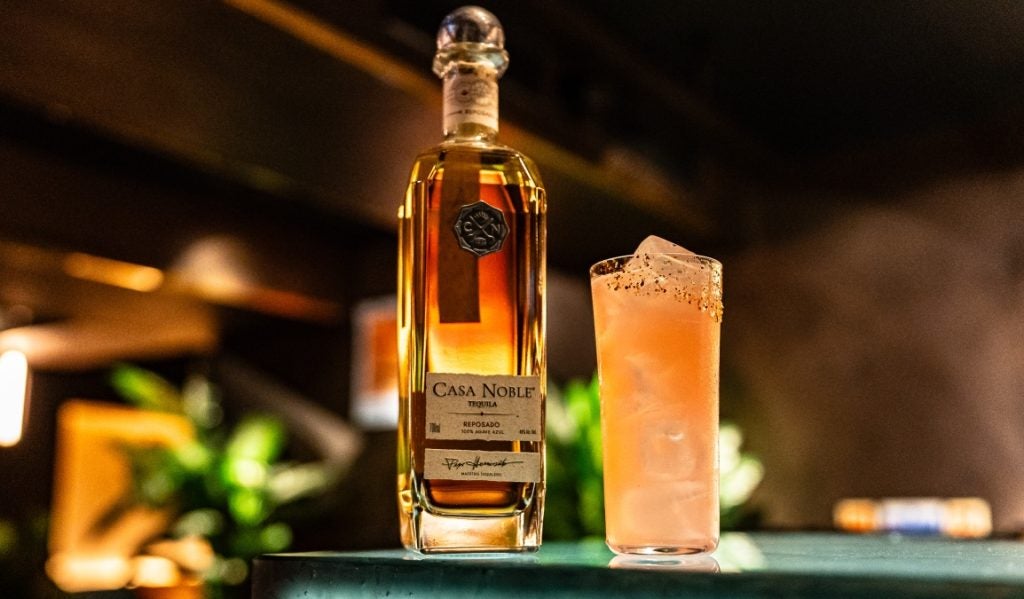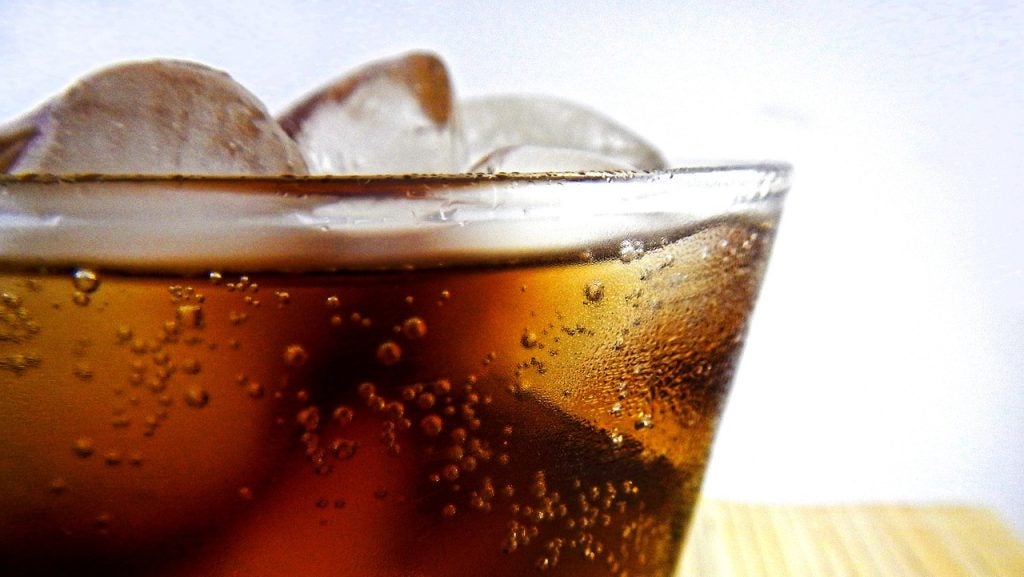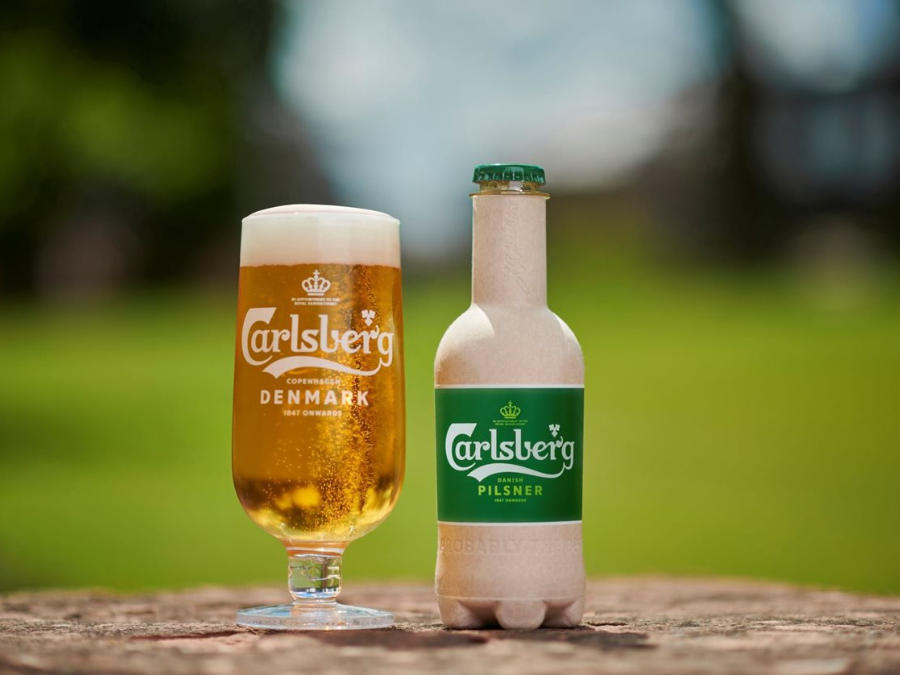
Carlsberg Group is aiming for net zero carbon emissions from its “entire value chain” by 2040.
The target is part of a new ESG programme drawn up by the Denmark-based brewer, which also takes in areas including water use, packaging and low- and no-alcohol products.
How well do you really know your competitors?
Access the most comprehensive Company Profiles on the market, powered by GlobalData. Save hours of research. Gain competitive edge.

Thank you!
Your download email will arrive shortly
Not ready to buy yet? Download a free sample
We are confident about the unique quality of our Company Profiles. However, we want you to make the most beneficial decision for your business, so we offer a free sample that you can download by submitting the below form
By GlobalDataCarlsberg’s pledges build on an earlier set of targets that were announced in 2017. The company insisted it had already made “strong progress”, pointing to a 40% cut in carbon emissions and a 21% reduction in the amount of water used per hectolitre of beer since 2015.
“Whilst we remain committed to the focus areas that we established in 2017, we have expanded the programme to include a wider array of ESG topics and to address the societal challenges impacting people and communities where we operate,” Carlsberg CEO Cees ‘t Hart said.
The Tuborg owner has set emissions targets across its entire production and supply chain. Carlsberg is planning a host of improvements, such as converting brewing boiler systems from natural gas to renewable thermal fuels.
Further up the supply chain, Carlsberg plans to introduce regenerative agriculture, which, the brewer said, will “improve soil quality while capturing and storing carbon”. The group is aiming to produce 30% of all raw materials through regenerative practices by 2030 and 100% by 2040.
On water, Carlsberg is targeting the “replenishment” of all the water used at breweries that are “located in areas of high water risk” by 2030.
The Kronenbourg brewer’s efforts on packaging include another 2040 target. By then, the company wants to achieve “zero packaging waste”, by making all its cans and bottles “recyclable, reusable or renewable”. Carlsberg said it will invest in bio-based materials and in the development of circular systems, including supporting deposit return schemes. In June, Carlsberg started a major trial of a bio-based fibre bottle, placing it in the hands of European consumers for the first time.
Meanwhile, by 2030, the company wants “a 35% global portfolio share for low-alcohol and alcohol-free brews by 2030”.
Simon Boas Hoffmeyer, senior director of ESG at Carlsberg, added: “With our new targets we support an industry transformation towards more sustainable business practices through, for example, shifts in farming practices, sourcing procedures, and product design, as well as the scaling-up of efficient deposit return schemes.”
Carlsberg also announces H1 numbers
Alongside its ESG plans, Carlsberg released its half-year figures, which it described as a “strong set of results”.
The company’s revenue grew by 20.7% to DKK35.4bn (US$4.83bn), while volumes increased by 8.9% to 64.2 m.hl. Its operating profit for the half year was up by 31.8% to DKK6.4bn (US$875m).
As a consequence of the invasion of Ukraine, Carlsberg has stated its intention to sell its Russian operations. It also halted production at all three of its sites in Ukraine at the start of the war, all of which have since reopened.
‘t Hart added: “Global uncertainty remains high, with the increasing input cost pressure a particular challenge for us in the coming quarters. In this environment, we’ll continue to seek the right balance between mitigating the short-term challenges and investing in the long-term opportunities.”
Carlsberg booked a first-half net loss of DKK5.28bn, hit by impairment charges linked to operations in Russia, Ukraine and eastern Europe, which the company recognised in March.
Just Drinks presents ‘The 24th Annual International Beer Strategies Conference’ on 4-6 October


